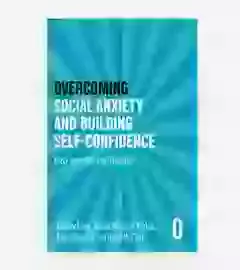How is Social Anxiety manifested?
The symptoms of social anxiety can be grouped into four main areas:
- Effects on thinking (e.g. worrying about what others think of you; finding it difficult to concentrate or remember what people are saying)
- Effects on behaviour (e.g. avoiding meeting people's eyes, doing things to make sure you don't attract attention)
- Effects on the body (e.g. blushing, sweating or trembling; heart pounding or dizziness)
- Effects on emotions or feelings (e.g. nervousness and self-consciousness; feeling depressed or hopeless)
There is more to social anxiety than this list of symptoms, however. The more wide-ranging effects generally include the following:
Subtle kinds of avoidance
As well as direct avoidance of social situations, more subtle forms might include, for example, avoiding using your hands when others might be watching, avoiding talking about anything personal, or not eating in public places.
Safety behaviours
These are mechanisms that you develop to reduce your feeling of being in a 'risky' situation - such as speaking slowly or quietly, or talking fast and not stopping to draw breath; saying nothing that might be challenging, or always agreeing.
Dwelling on the problem
Because the fear of anxiety is always in your mind, anticipation becomes part of the problem. Even when an event is over, you go over different aspects of how you interacted with others, which keeps your feelings of distress going.
Reduced self-esteem and self-confidence; feelings of inferiority
Social anxiety makes you feel different from other people, and so it affects your self-esteem and your self-confidence. You come to expect that people will ignore or reject you, and tend to interpret the things that they do as signs that they think badly of you.

















